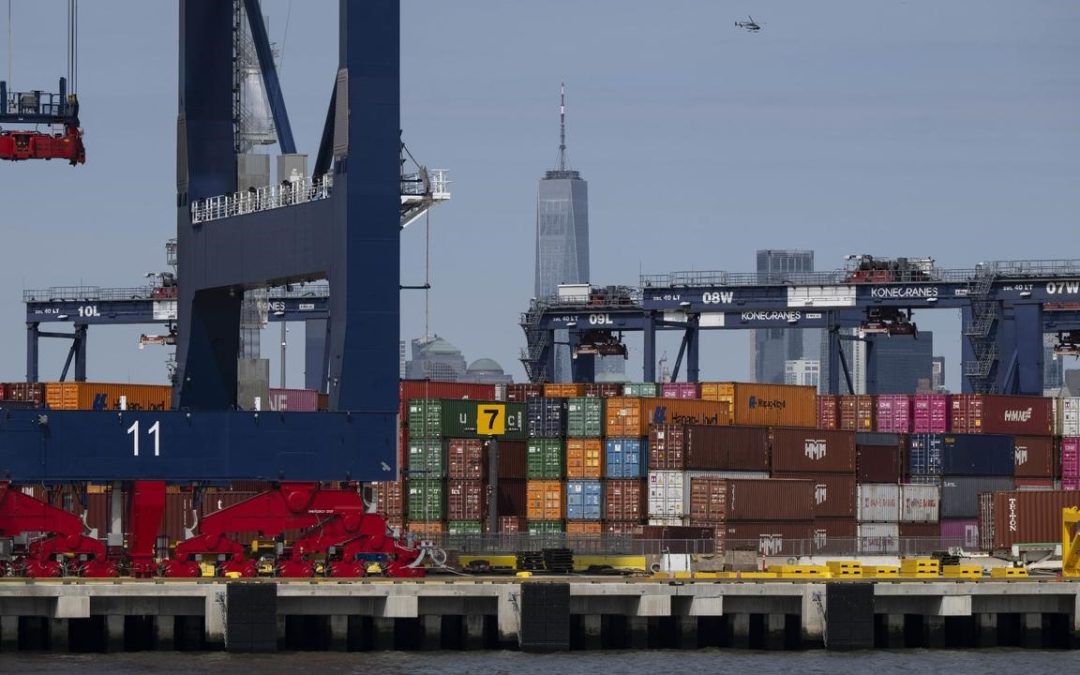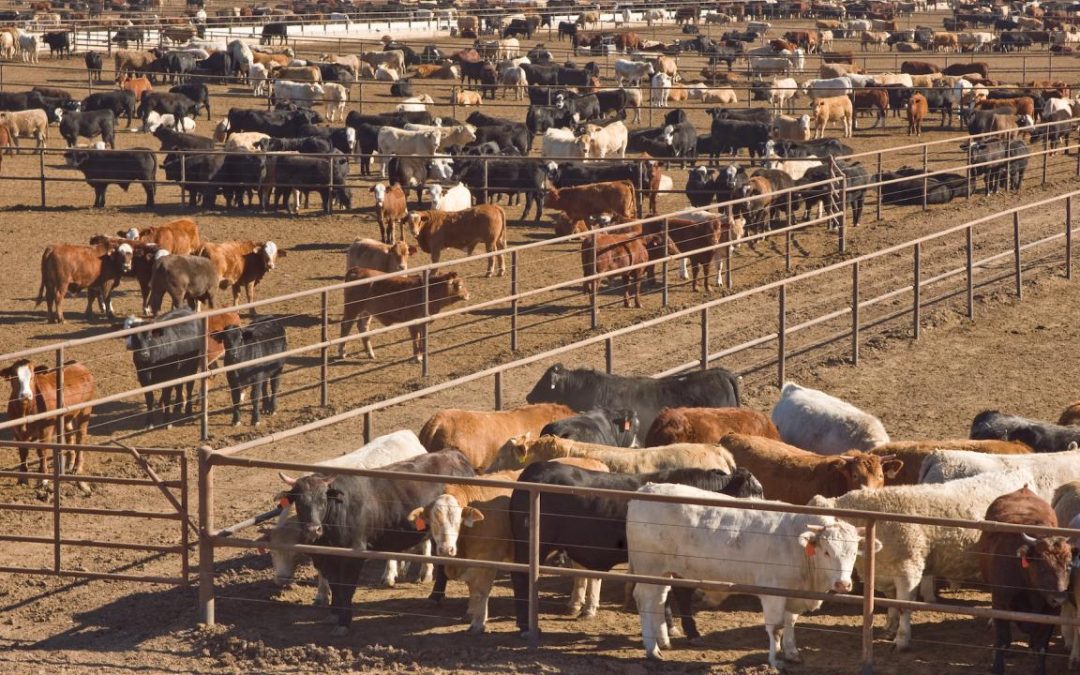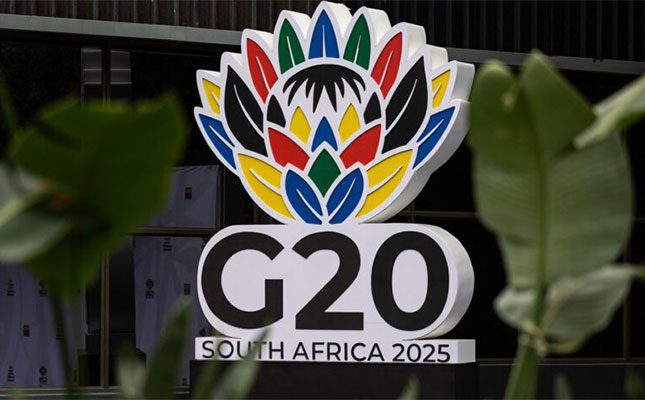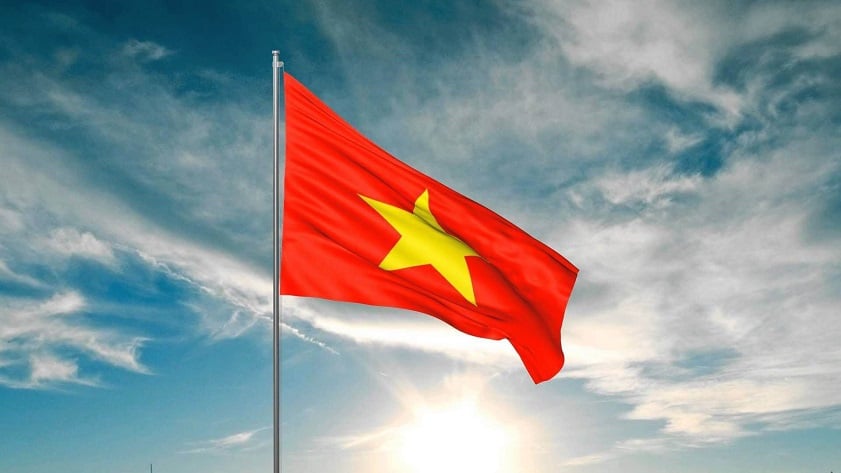
What would a potential exclusion from AGOA mean for South Africa’s agriculture?
I have noticed in the news that United States Senator John Kennedy has introduced a new bill to extend the African Growth and Opportunity Act (AGOA) for two years, which would explicitly exclude South Africa. This matters for South Africa’s agriculture, as we all continue to seek better relations with the U.S.

Registration of farm inputs in South Africa
Last night, as I landed from Cape Town, one of the notes in my inbox was a statement from South Africa’s Department of Agriculture outlining the work it is doing to modernise the Act that governs the registration of pesticides, fertilisers and farm feeds. We welcome the work the department is doing, and one can only urge for greater speed in it.

South Africa has exported 1 million tonnes of maize between May and November 2025, with more exports to follow
South Africa’s maize exports continue smoothly, supported by robust global demand and improved domestic port operations. Since the start of the 2025-26 marketing year in May 2025, South Africa has exported maize to a range of countries, including South Korea, Vietnam, Taiwan, Mozambique, Botswana, Lesotho, France, and Zimbabwe, amongst others.

The G20 Leaders’ Declaration highlights the significance of agricultural growth in addressing global food insecurity
The interventions also need improvement in land governance, the adoption of technology (improved seed cultivars and genetics), appropriate and safe use of agrochemicals and fertilisers, open trade and minimal government intervention, investment in network infrastructure, and the embrace of organised agriculture, amongst other things.

Deepening ties with Vietnam
The continuous momentum of South Africa in deepening relations with various countries is something we appreciate in agriculture. We view these engagements as key to investments and export expansion. The efforts of South Africa’s Department of Agriculture in signing a Memorandum of Understanding (MoU) with the Socialist Republic of Vietnam on November 21, 2025, are one such effort.

How G20 can help South Africa, Australia bond over farming
The advantage of hosting global events such as the G20 is the possibility for the host country to engage as many visitors as possible. On November 21, 2025, the South African leadership met with the Australian government for a broader conversation and deepening relations.

